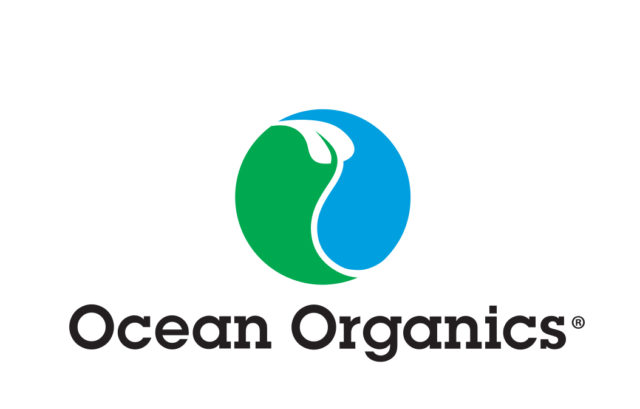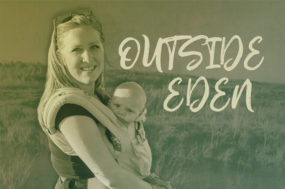Grants
The Alfalfa and Forage Research Program (AFRP) supports integrated, collaborative research and technology transfer to improve the efficiency and sustainability of conventional and organic forage production systems. AFRP encourages projects that establish multi-disciplinary networks to address priority national or regional science needs of the forage industry. By bringing together expertise from multiple organizations and states, these projects will have greater impact and will enhance the effectiveness of limited state, federal and industry resources.
Impact
AFRP will support the development of improved alfalfa forage and seed production systems. Funded projects address five focus areas:
- Improving alfalfa forage and seed yield through better nutrient, water and/or pest management
- Improving persistence of alfalfa stands by lessening biotic or abiotic stresses
- Improving alfalfa forage and seed harvesting and storage systems to optimize economic returns
- Improving estimates of alfalfa forage quality as an animal feed to increase forage usage in animal feeds
- Breeding to address biotic and abiotic stresses that impact forage yield and persistence and the production of seed for propagation
Fiscal year 2014 AFRP awards
University of California, Davis, California
$156,287 – The project combines genomic selection tools for breeding progress toward yield improvement with a more robust fall dormancy rating systemfor alfalfa.
$156,254 – The project will develop deficit irrigation strategies to conserve water, develop new germplasm adapted to drought conditions, and conduct subsurface irrigation studies.
USDA-Agricultural Research Service, St. Paul, Minnesota
$156,230 – This study will characterize alfalfa root system architecture traits, identify genetic loci associated with root system architecture and use outreach programs to transfer the results to end users.
University of Tennessee, Knoxville, Tennessee
$156,287 – This project will compare forage quality and yield in alfalfa grown as monoculture versus alfalfa-grass mixture in the Southeast to support management decisions with respect to harvest interval.
Virginia Tech, Blacksburg, Virginia
$156,140 – The proposal will evaluate the impact of using hay preservatives on the quality and stability of alfalfa hay in the container and develop an alfalfa production school.
Washington State University, Pullman, Washington
$156,225 – This project aims to reduce the risk imposed by lygus bug feeding injury to the alfalfa crops grown in the western U.S.
University of Wisconsin, Madison, Wisconsin
$156,280 – The project aims at improving estimates of alfalfa forage quality as an animal feed to increase forage usage in animal feeds.
$155,884 – The project aims at determining the effect of hay rake type on exogenous ash content of alfalfa hay. FG
—From the USDA-NIFA news release









